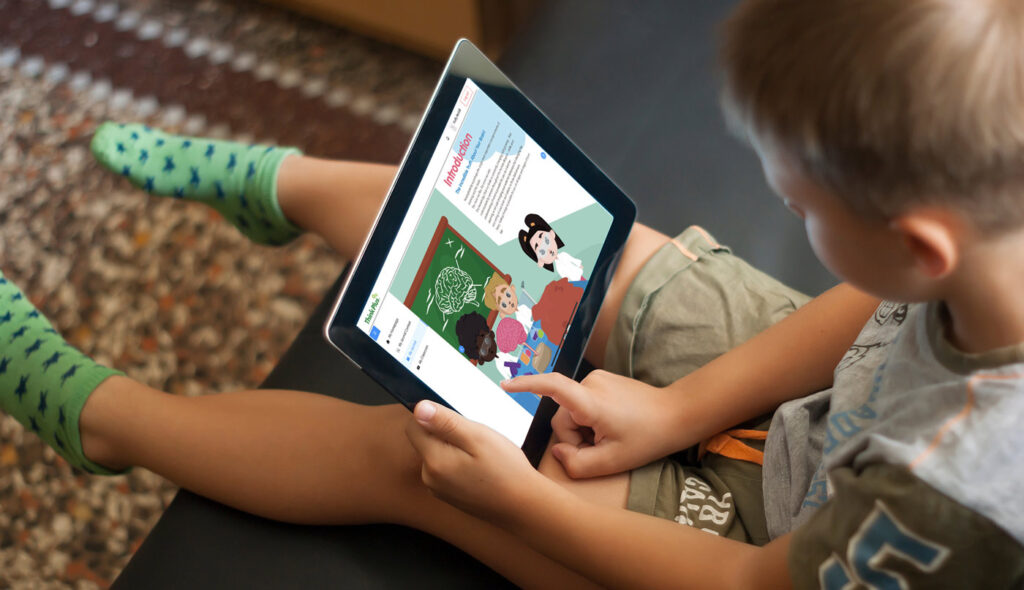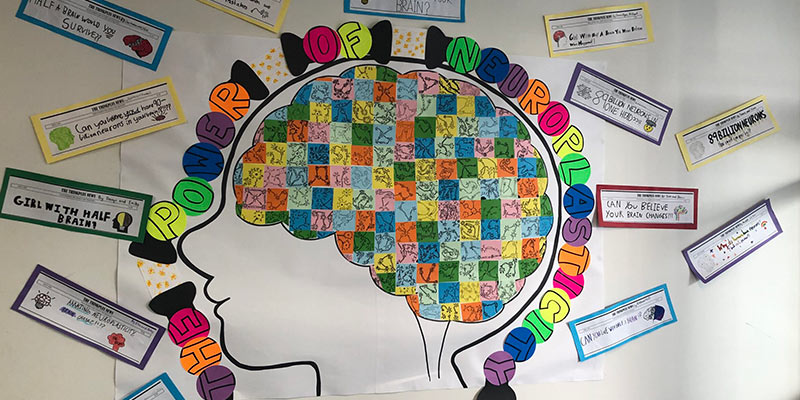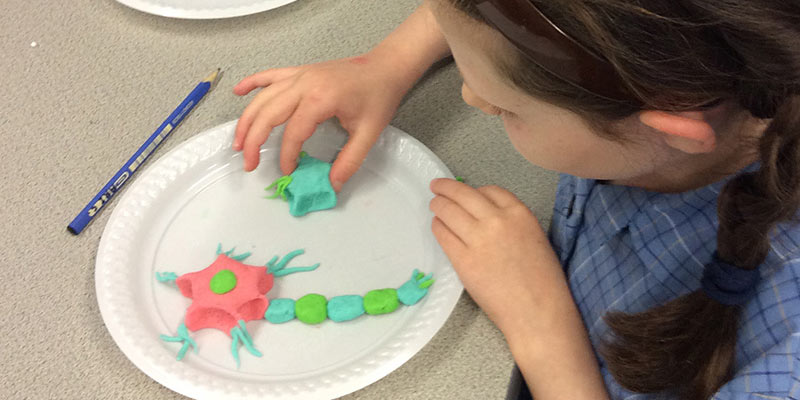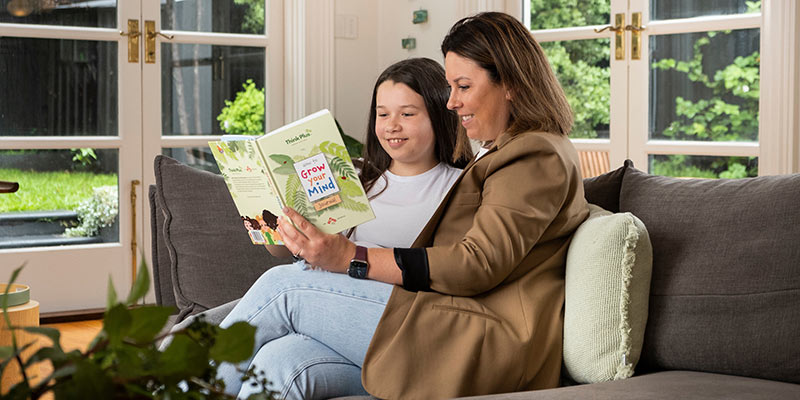The tools to persist in the face of challenges
Helping your child become a lifelong learner
As parents we all want the best for our children, and that includes the ability and appetite to be a confident, capable learner.
In a fast-changing world, the ability to continuously adapt, take on new challenges and continue to grow is more important than ever.
These skills do not come naturally to all of us.
They have to be learned. Every child has a unique set of gifts, and a unique way of learning and processing information.
Giving your child the the tools to become a confident lifelong learner is what the ThinkPlus tools are about.


How you can use ThinkPlus at home
If your child is at a ThinkPlus school you can help them greatly by familiarising yourself with the language, core concepts and practices of ThinkPlus, and even incorporating the principles in your home learning activities.
And if they aren’t, we offer some ThinkPlus tools you can use at home to help your child become a more confident learner.
“The difference I’ve seen in my daughter’s confidence and ability to work through problems has been remarkable. Sometimes it’s hard to believe she’s the same child.”
Parent – Rosewood Downs Primary School
Simple strategies and tips to help your child become a more confident learner

Create a positive learning environment
Designate a specific study area that is free from distractions and clutter. Make sure it is well-lit and equipped with the necessary materials.

Encourage curiosity and exploration
Encourage your child to ask questions, explore new interests, and seek answers independently. Foster a love for learning by providing opportunities for hands-on experiences and experiments. The ThinkPlus How To Grow Your Mind Journal is an engaging and fun way to help your child do this.

Provide support and guidance
Offer assistance when needed, but also encourage your child to solve problems and complete tasks independently. Teach them to break down complex tasks into smaller, manageable steps.

Set realistic goals
Help your child set achievable goals and celebrate their progress. Break long-term goals into short-term milestones to keep them motivated and engaged.

Praise effort and progress
Focus on praising your child’s effort, growth, and progress rather than just the outcome. This helps build their self-confidence and motivates them to continue learning.

Foster a growth mindset
Teach your child that intelligence and abilities can be developed through hard work, practice, and perseverance. Encourage them to embrace challenges as opportunities for growth.

Make learning fun
Incorporate games, interactive activities, and multimedia resources into their learning experience. This helps make learning enjoyable and keeps them engaged. ThinkPlus Find Your Feelings and Grow Your Mind card games are an ideal way for you to do this together.

Encourage reading
Encourage your child to read regularly and provide access to a variety of reading materials that align with their interests and reading level. Reading enhances language skills and expands knowledge.

Encourage self-reflection
Teach your child to reflect on their learning process and identify areas for improvement. Help them set goals for self-improvement and develop strategies to overcome obstacles.

Communicate with teachers
Stay in touch with your child’s teachers to understand their progress, strengths, and areas for improvement. Work collaboratively with teachers to provide necessary support and resources.